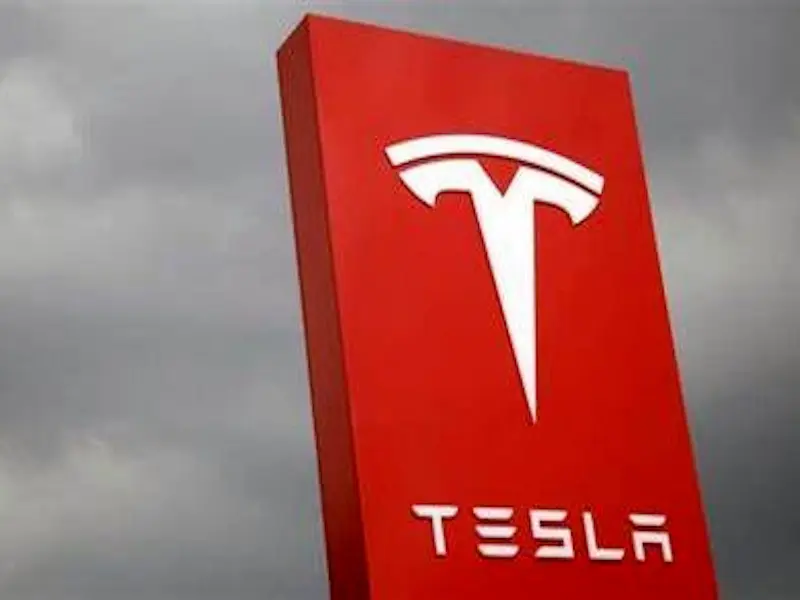- A U.S. appeals court has revived Tesla’s legal challenge to Louisiana’s ban on direct vehicle sales.
- The court reversed the dismissal of Tesla’s due process claim and partially restored its antitrust claim.
OUR TAKE
The recent decision by the 5th U.S. Circuit Court of Appeals represents a significant development in Tesla’s ongoing battle to establish its direct sales model in states with restrictive dealership laws. This ruling could have broader implications for the automotive industry, as it challenges the traditional franchise model and could pave the way for more direct-to-consumer sales by automakers.
— Zoey Zhu, BTW reporter
What happened
In a closely-watched case, the 5th U.S. Circuit Court of Appeals in New Orleans has revived Tesla’s lawsuit challenging Louisiana’s ban on direct vehicle sales to consumers. The court’s 2-1 decision overturned a lower court’s dismissal of Tesla’s constitutional due process claim and vacated the dismissal of its antitrust claim. However, the court upheld the dismissal of Tesla’s equal protection claim, partially siding with the state.
Tesla originally filed the lawsuit in August 2022 against the Louisiana Motor Vehicle Commission, several dealership owners, and the Louisiana Automobile Dealers Association. The electric vehicle giant accused these parties of leveraging their control over the commission to unfairly target Tesla’s direct sales model, which bypasses the traditional network of franchised dealerships.
The lawsuit alleges that since 2017, Louisiana officials have been illegally preventing Tesla from selling its vehicles directly to consumers in the state and restricting its ability to lease and service vehicles. The appeals court found that Tesla had sufficiently alleged that there was “plausible actual bias” in the actions of the motor vehicle commission, particularly highlighting emails from the commission’s executive director that seemed to assure Tesla’s competitors that their complaints would be addressed.
Also read: BMW overtakes Tesla in European battery electric vehicle market
Also read: Tesla recalls 9,100 Model X SUVs over roof trim issue
Why it’s important
The appeals court’s decision to revive Tesla’s lawsuit is a pivotal moment in the broader debate over the future of automotive sales in the United States. Traditional auto dealerships have long enjoyed protections through state laws that mandate the use of franchised dealers, but Tesla’s direct-to-consumer model challenges this status quo. This case could set a precedent for other states with similar laws and potentially reshape how vehicles are sold in the future.
The ruling underscores the tension between innovative business models and entrenched regulatory frameworks. Tesla’s success in reopening its due process and antitrust claims could lead to significant legal battles over the structure of the automotive sales industry, particularly as more automakers explore direct sales as a way to reach consumers more efficiently. The decision also highlights the broader issue of state regulation and its impact on market competition. If Tesla’s claims are ultimately upheld, it could prompt a reevaluation of the role state commissions play in regulating automotive sales, potentially reducing the influence of entrenched dealership networks that have long dominated the industry.
The case now returns to U.S. District Judge Sarah Vance in New Orleans for further proceedings, where Tesla will continue to argue against what it sees as unfair restrictions on its business model. The outcome of this case could have lasting implications not only for Tesla but for the automotive industry as a whole, as it grapples with the balance between innovation and regulation.

